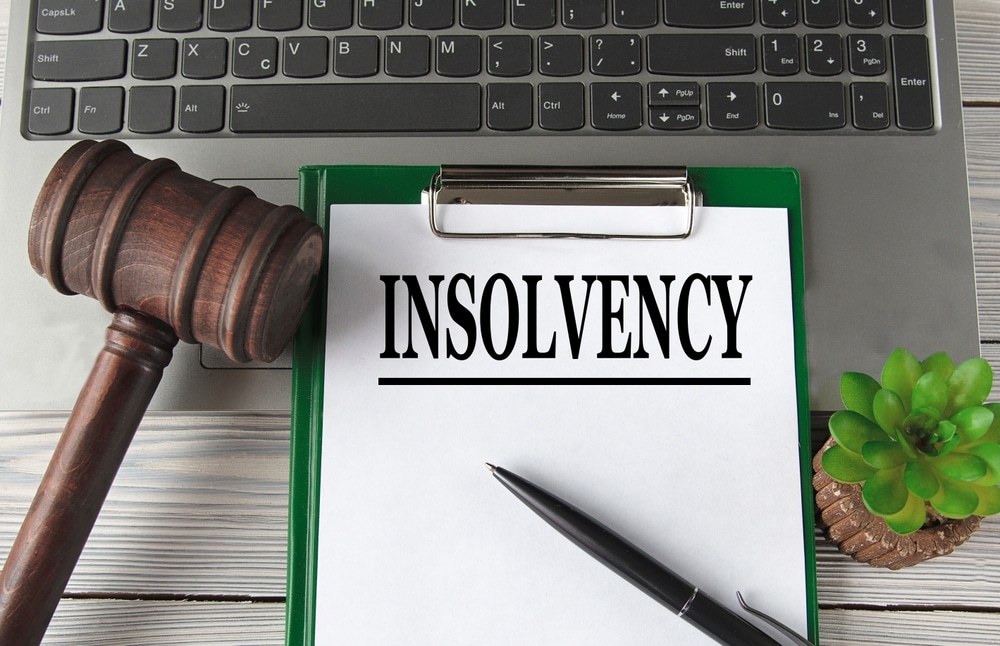What Do Insolvency Lawyers Do and When Should You Hire One?
Insolvency can be a daunting and complex issue for individuals and businesses alike. When faced with financial difficulties, understanding the role of an insolvency lawyer can be crucial. This article explores the functions of insolvency lawyers, the circumstances that warrant their assistance, and the benefits they provide during challenging financial times.
Understanding Insolvency
Insolvency refers to the state where an individual or organisation cannot meet their financial obligations as debts become due. This condition can lead to severe consequences, including bankruptcy or liquidation. However, insolvency is not a straightforward process and often requires legal expertise to navigate effectively.
Types of Insolvency
There are generally two types of insolvency: personal and corporate. Personal insolvency occurs when an individual cannot pay their debts, while corporate insolvency pertains to businesses facing financial distress. Each type has its own legal implications and processes, making it essential to seek professional guidance.
Understanding the specific type of insolvency is crucial, as it determines the legal path and options available. For example, individuals may file for bankruptcy or an Individual Voluntary Arrangement (IVA), whereas companies may enter administration or liquidation. Personal insolvency can often be a deeply emotional experience, as it not only affects financial stability but can also impact personal relationships and mental health. The stigma associated with insolvency can lead to feelings of shame and isolation, making it all the more important for individuals to seek support from both legal professionals and financial advisors.
The Importance of Legal Guidance
Insolvency laws can be intricate and vary significantly based on jurisdiction. Without proper legal guidance, individuals and businesses may inadvertently make decisions that worsen their financial situation. An insolvency lawyer can provide clarity and direction, ensuring that clients understand their rights and obligations. Furthermore, they can assist in negotiating with creditors, potentially leading to more favourable repayment terms or even debt forgiveness in certain circumstances. The role of a legal expert is not just to navigate the complexities of the law but also to advocate for the best possible outcome for their clients, which can be a lifeline during such challenging times.
Moreover, understanding the broader implications of insolvency is vital for both individuals and businesses. For companies, insolvency can affect employee morale and customer trust, leading to a ripple effect that can further exacerbate financial difficulties. For individuals, the repercussions can extend beyond financial loss, influencing credit ratings and future borrowing capabilities. Therefore, proactive measures, such as financial education and early intervention, can be invaluable in mitigating the risks associated with insolvency, allowing individuals and businesses to emerge stronger and more resilient in the long run.
Roles and Responsibilities of Insolvency Lawyers
Insolvency lawyers play a pivotal role in the financial recovery process. Their responsibilities encompass a wide range of tasks, from advising clients on their options to representing them in legal proceedings.
Advisory Services
One of the primary functions of an insolvency lawyer is to provide advisory services. They assess a client’s financial situation and recommend the most suitable course of action. This may involve negotiating with creditors, exploring debt restructuring options, or advising on the implications of bankruptcy.
Insolvency lawyers also help clients understand the potential consequences of their decisions. For instance, declaring bankruptcy can have long-term effects on an individual’s credit rating and future financial opportunities. An experienced lawyer will ensure that clients are fully informed before proceeding.

Representation in Legal Matters
In situations where legal proceedings are necessary, insolvency lawyers represent their clients in court. This may involve filing petitions for bankruptcy or defending against creditor claims. Their expertise in insolvency law is invaluable during these proceedings, as they can navigate the complexities of the legal system effectively.
Furthermore, lawyers can negotiate settlements with creditors on behalf of their clients, aiming to reach agreements that are favourable and manageable. This can alleviate some of the stress associated with financial distress and provide a clearer path forward.
Assistance with Documentation
Insolvency processes often require extensive documentation, including financial statements, tax returns, and legal forms. An insolvency lawyer can assist in preparing and filing these documents accurately, ensuring compliance with legal requirements. This attention to detail can prevent delays and complications in the insolvency process.
When to Hire an Insolvency Lawyer
Recognising when to hire an insolvency lawyer is crucial for anyone facing financial difficulties. There are several indicators that suggest professional legal assistance is necessary.
Signs of Financial Distress
If an individual or business is struggling to meet financial obligations, it may be time to consult an insolvency lawyer. Common signs of financial distress include persistent late payments, mounting debt, and receiving demands from creditors. Ignoring these signs can lead to more severe consequences, making early intervention essential.
Additionally, if a business is facing insolvency, it is vital to act quickly. Delaying the decision to seek legal advice can limit options and exacerbate the situation. An insolvency lawyer can help identify the best course of action before it is too late.
Complex Financial Situations
Insolvency cases can become complicated, particularly when multiple creditors are involved or when there are disputes regarding debts. In such situations, the expertise of an insolvency lawyer is invaluable. They can navigate the complexities of the case and provide strategic advice tailored to the specific circumstances.
Moreover, if there are assets at stake, such as property or investments, legal representation becomes even more critical. An insolvency lawyer can help protect these assets and ensure that clients receive fair treatment throughout the process.
Seeking Alternatives to Bankruptcy
For individuals and businesses looking to avoid bankruptcy, an insolvency lawyer can explore alternative solutions. Options such as debt restructuring, IVAs, or negotiating repayment plans with creditors may be viable paths. A lawyer can assess the situation and recommend the most appropriate alternative, helping clients regain control of their finances.
The Benefits of Hiring an Insolvency Lawyer
Engaging an insolvency lawyer offers numerous benefits, particularly during challenging financial times. Their expertise can provide peace of mind and a clearer path forward.
Expertise and Experience
Insolvency lawyers possess specialised knowledge and experience in dealing with financial distress. Their understanding of the legal landscape allows them to navigate the complexities of insolvency law effectively. This expertise can significantly impact the outcome of a case, ensuring that clients receive the best possible advice and representation.
Furthermore, an experienced lawyer can anticipate potential challenges and devise strategies to overcome them. This proactive approach can save clients time, money, and unnecessary stress.
Emotional Support and Guidance
Financial difficulties can take a toll on mental and emotional well-being. An insolvency lawyer not only provides legal guidance but also offers emotional support during a challenging time. Knowing that a professional is handling the legal aspects can alleviate some of the burdens clients face, allowing them to focus on their recovery.
Insolvency lawyers often act as a buffer between clients and creditors, reducing the stress associated with direct negotiations. This support can be invaluable for individuals and businesses trying to navigate a difficult situation.
Long-Term Financial Planning
Beyond immediate legal assistance, insolvency lawyers can help clients develop long-term financial strategies. Once the immediate crisis is addressed, they can provide guidance on rebuilding credit, managing finances, and avoiding future financial pitfalls.

By focusing on long-term recovery, clients can emerge from insolvency with a clearer understanding of their financial situation and a plan for sustainable growth. This holistic approach to financial recovery is a key benefit of hiring an insolvency lawyer.
Conclusion
Insolvency can be a challenging and overwhelming experience, but the assistance of an insolvency lawyer can make a significant difference. Their expertise in navigating the complexities of insolvency law, coupled with their ability to provide emotional support and long-term financial planning, can help individuals and businesses regain control of their financial futures.
Recognising the signs of financial distress and seeking legal guidance early can pave the way for a more favourable outcome. Whether facing personal or corporate insolvency, consulting an experienced lawyer is a vital step towards recovery and financial stability.
See also: The role of insolvency lawyers in navigating bankruptcy.


